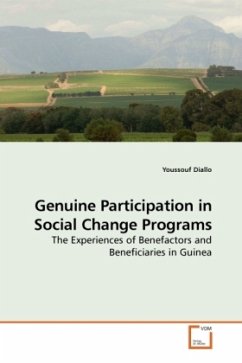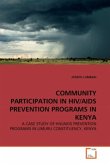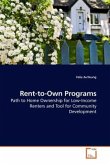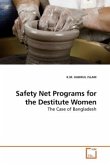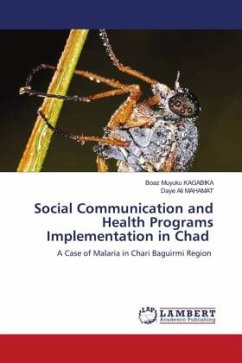Modernist approaches to socioeconomic development have been used by governmental and non-governmental institutions to address general issues of poverty and underdevelopment in Guinea and most African countries since the 1960s. Such approaches guided a variety of development programs, particularly to improve agricultural, education, and health (Nnadozie, 2003). However, increased discrepancies between expected and observed outcomes of such approaches increased objections among academics and development practitioners who overtime found the need for and favored more participatory approaches to social change (Chambers 1995, 2002; Cernea 1985; White et al., 1994; Servaes et al.,1996; and Jacobson, 2004). This study argues that the success of such participatory initiatives is strongly dependent of the level of genuine participation of the beneficiaries. The study identified, examined, and measured indicators of beneficiaries genuine participation in social change programs. The resultsindicated significant differences between beneficiaries and benefactors in their overall opinions and in their profiles on the issue of beneficiaries participation in social change programs in Guinea.
Bitte wählen Sie Ihr Anliegen aus.
Rechnungen
Retourenschein anfordern
Bestellstatus
Storno

